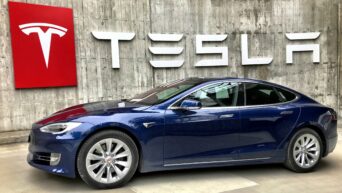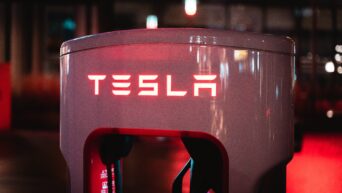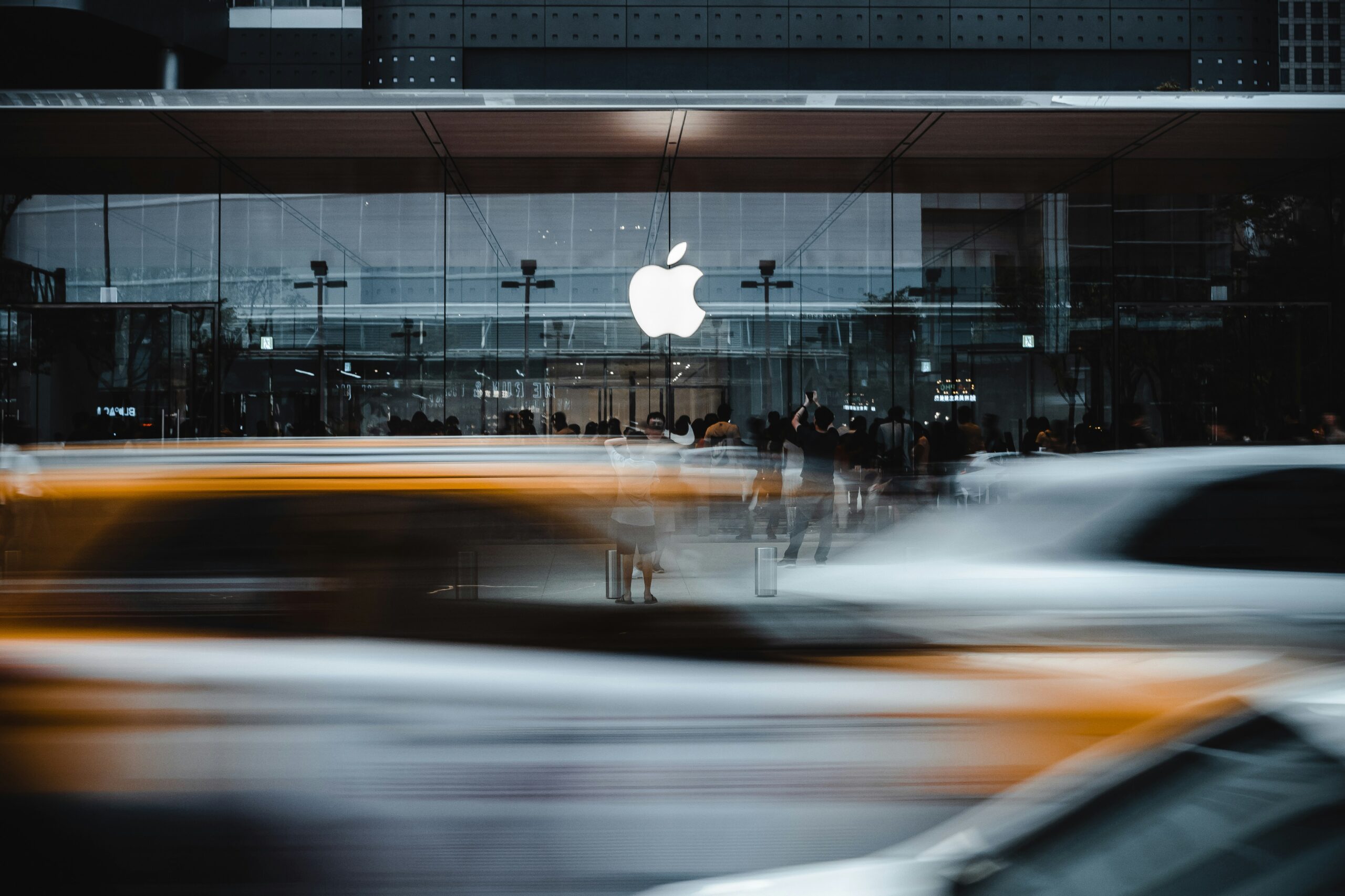Why is Apple Giving Up on the “Apple Car”
After over a decade of anticipation, rumors, and strategic shifts, Apple has reportedly pulled the plug on its long-anticipated automotive endeavor, known internally as “Project Titan.” Employees were informed of this decision recently, with the project being discontinued and focus redirected towards generative AI, as reported by Bloomberg and further analyzed by TechCrunch, which notes that layoffs are expected.
The failure of the Apple Car comes as a poignant reminder of a critical fact in the automotive industry: any technology company looking to penetrate this space inevitably requires a manufacturing partner. Apple’s journey with electric and autonomous vehicles, once surrounded by hype, now concludes in disappointment. With this decision, Apple’s focus shifts from hardware to software, marking a notable pivot in its strategic vision.
The complexities of designing and manufacturing automobiles are evidently formidable, as evidenced by the tumultuous path of the Apple Car. Building a car is a multifaceted process involving a vast array of suppliers contributing individual components, a reality that Apple may have found too cumbersome to navigate without compromising its renowned quality standards.
While Apple may have failed to forge the crucial partnerships needed to bring the Apple Car to fruition, other tech giants continue to make strides in the automotive industry. Sony, for instance, has established a joint venture with Honda, while Xiaomi and Baidu collaborate with established auto manufacturers like BAIC Group and Geely Holding Group, respectively.
Despite the disappointment surrounding the demise of the Apple Car, the company still holds a significant presence in the automotive market through its CarPlay infotainment system. This system has garnered praise for its seamless integration of iPhone functionality into vehicle dashboards, and the upcoming generation promises even more advanced features.
While Apple’s foray into the automotive sector may have ended in failure, the company’s impact on the industry remains significant. As the automotive landscape continues to evolve, partnerships between tech and automotive companies will likely play a pivotal role in shaping the future of mobility.

































